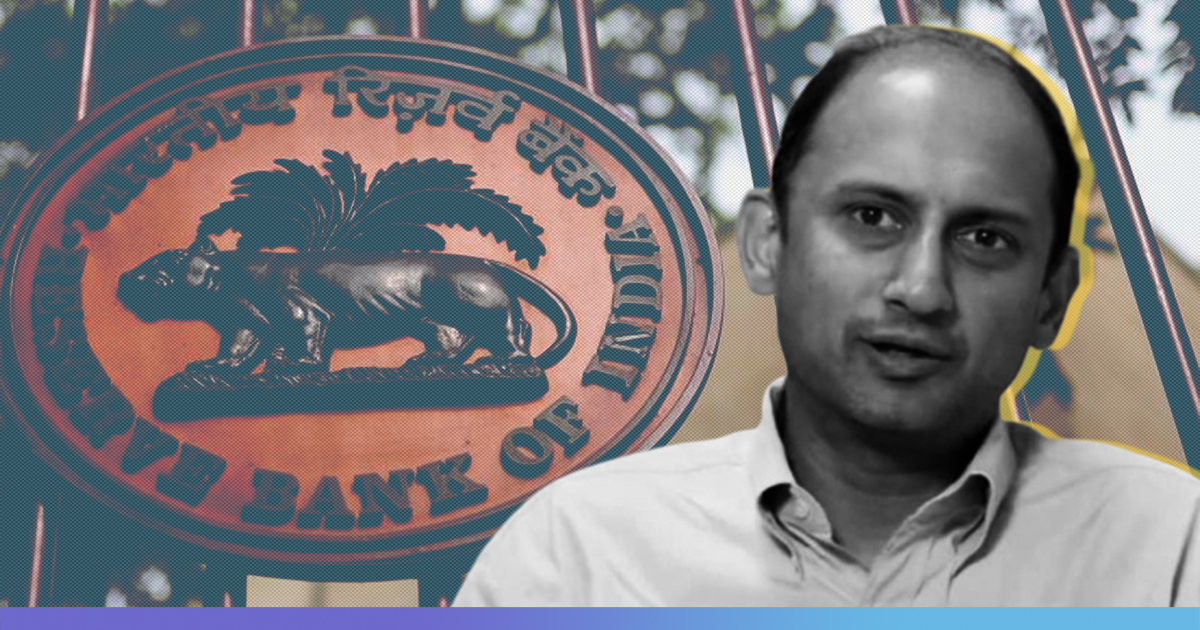Viral Acharya, RBI’s youngest Deputy Governor resigned six months before his term ends.
Confirming the resignation, the Reserve Bank of India in a statement said, “Due to unavoidable personal circumstances, Viral Acharya is unable to continue as deputy governor beyond July 23. Consequential action arising from his letter is under consideration of the competent authority.”
Expected Resignation?
“I think this resignation was well expected after his speech in October, where he warned of dire consequences for the central bank or India if the independence of the central bank was threatened,” noted economist Surjit Bhalla, Chairman, Oxus Investments, told CNBC TV18.
Acharya joined RBI in January 2017 and was the youngest Deputy Governor, post-economic liberalisation. Acharya is expected to resume his career at the New York University as CV Starr Professor of Economics.
In the span of the last six months, this is second high profile resignation at the RBI. In December, Governor Urjit Patel resigned about nine months before his term was to end, over differences with the government.
At present, the RBI is left with three Deputy Governors NS Vishwanathan, BP Kanungo and MK Jain.
The NRI Economist
Acharya was considered as an expert in credit risk. He had completed his B. Tech in Computer Science and Engineering from IIT Mumbai in 1995 and PhD in finance from NYU-Stern in 2001. He joined New York University Stern School Of Business in September 2008 and is now CV Starr Professor of Economics.
There are a lot of speculations over his decision to quit now and not after six months.
The ‘Viral’ Speech
In his 26 October speech, Viral Acharya went public on many sensitive topics. He said: “Governments that do not respect central bank independence will sooner or later incur the wrath of financial markets, ignite economic fire, and come to rue the day they undermined an important regulatory institution.”
“While the theme of independence is of great sensitivity, it is of even greater importance to our economic prospects,” he pointed out.
The speech went viral and also pointed questions and concerns over the unstable relationship of RBI with the Central Government. He had warned the government of a possible talent crisis if the independence of RBI is compromised.
Differences With The Government
The unconventional Acharya has had a series of clashes with the government, especially after his “wrath of the markets” speech that had anticipated his exit a long time ago.
Acharya had opposed the government in his speech on October 26, 2018, over the Central bank’s autonomy that he considered crucial for economic progress and financial stability.
Acharya had made headlines when he went on to compare the government’s economic policies to a T20 cricket match, in contrast to the long-term planning of the RBI. He accused the government of directly intervening and interfering in the operational functions of the RBI, thereby demanding functional autonomy for the body.
He blamed the Government for diluting the Central Bank’s policies when the two bodies were indulging in a conflict over the transfer of excess capital and allowing state-run banks off the hook for their deficit finances.
“When the governance of the central bank is undermined, it is unlikely to attract or be able to retain the brightest minds that thrive on the ability to debate freely, think independently, and effect changes, attrition of central bank powers results in attrition of its human capital and deterioration of its efficiency and expertise over time,” he said.











